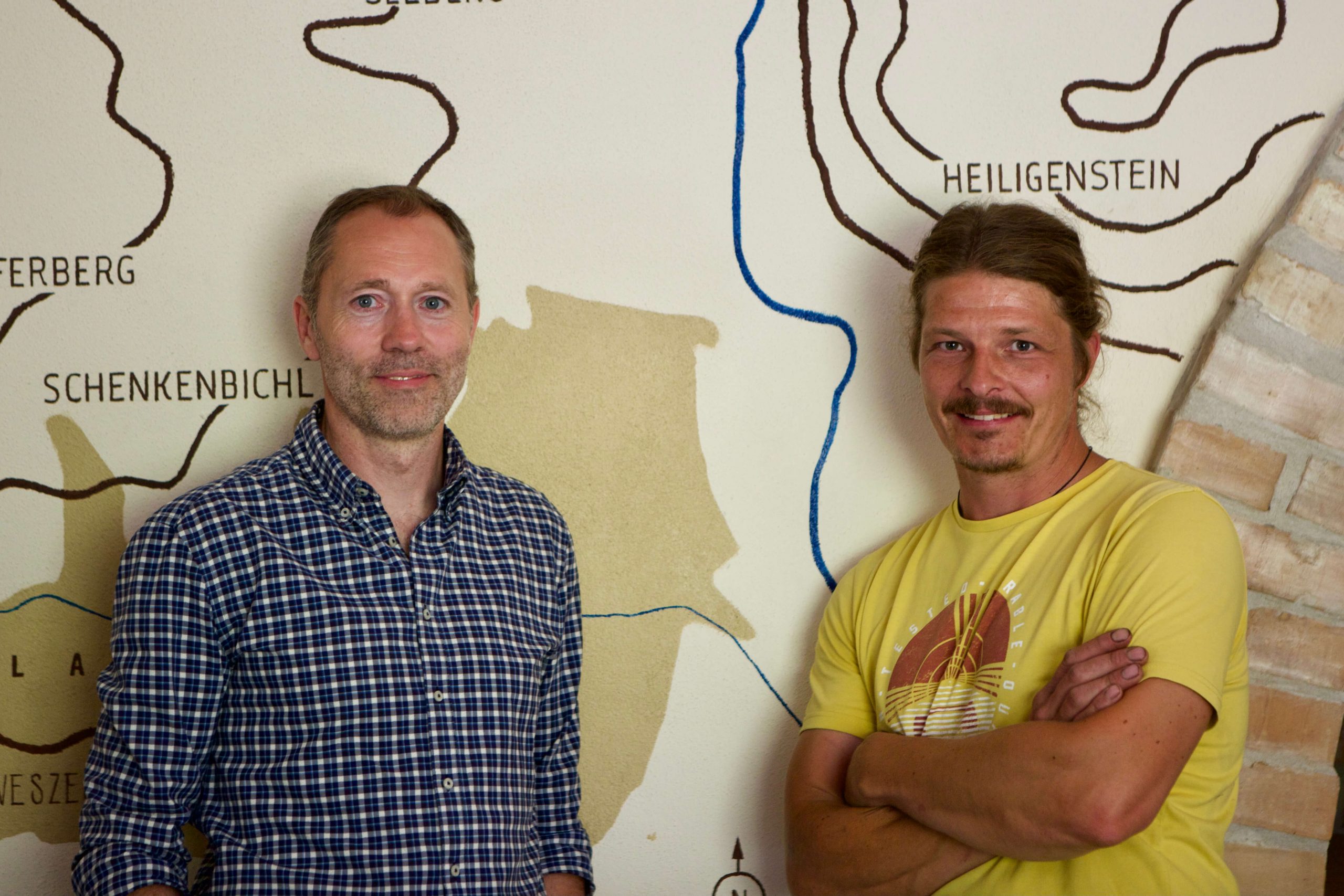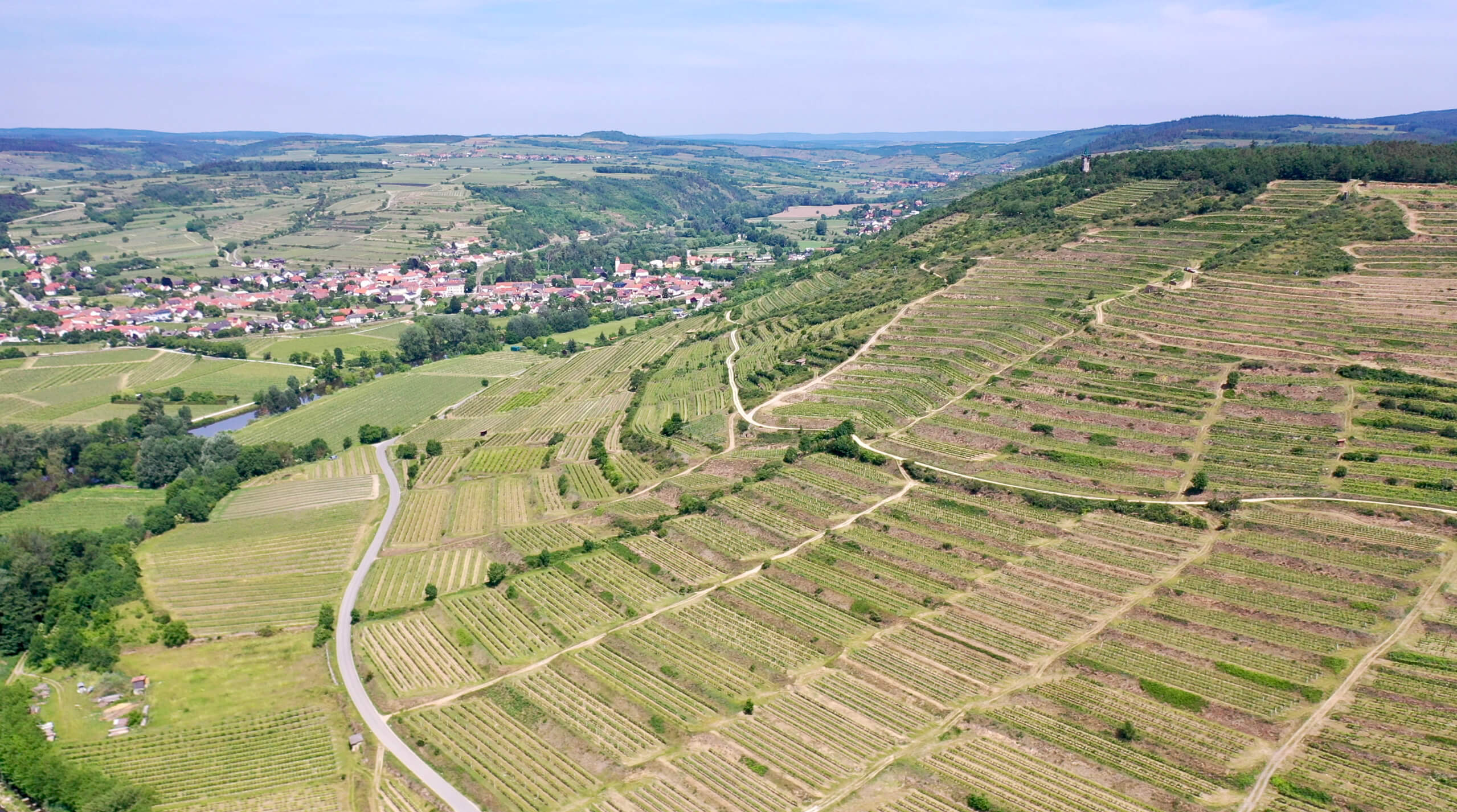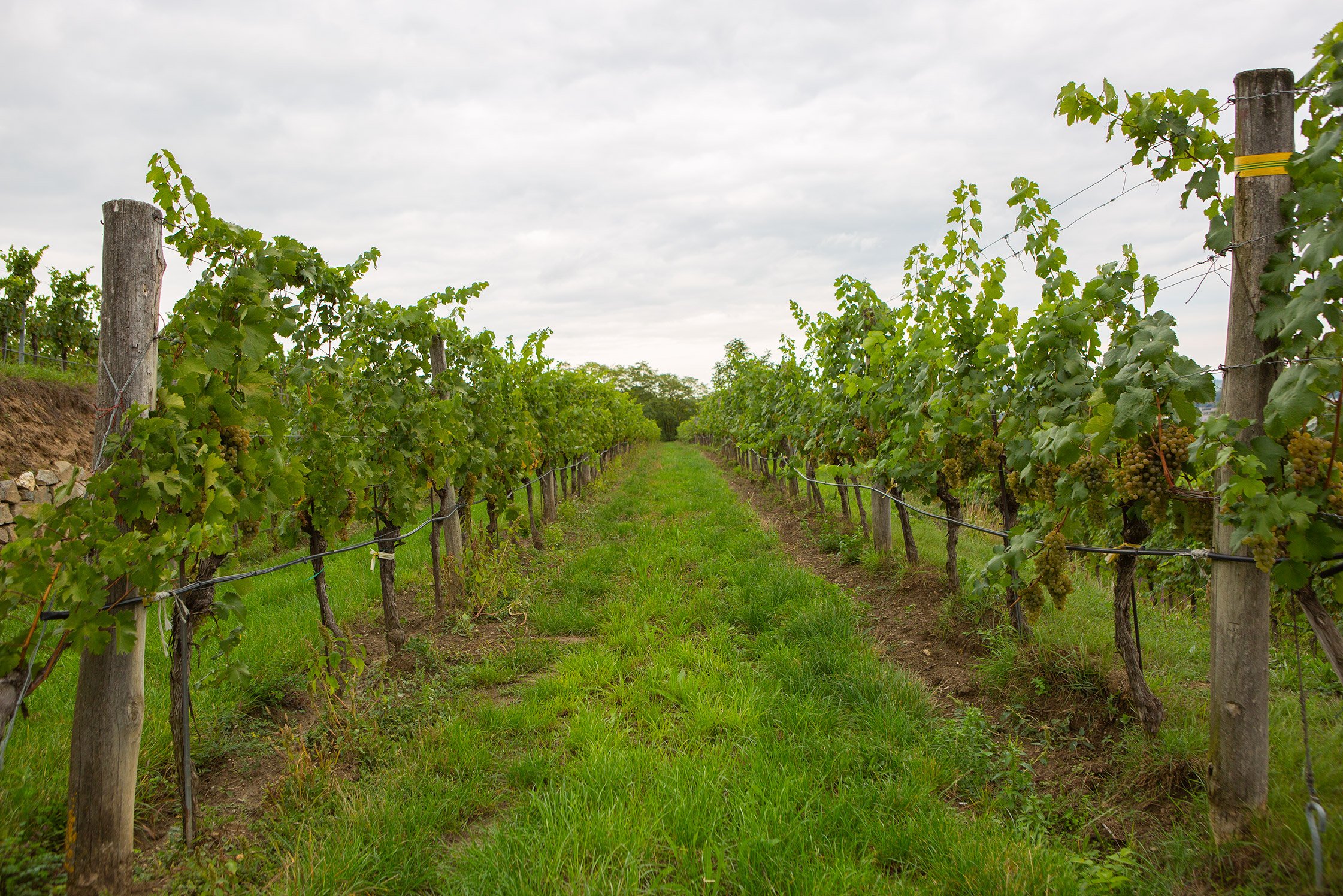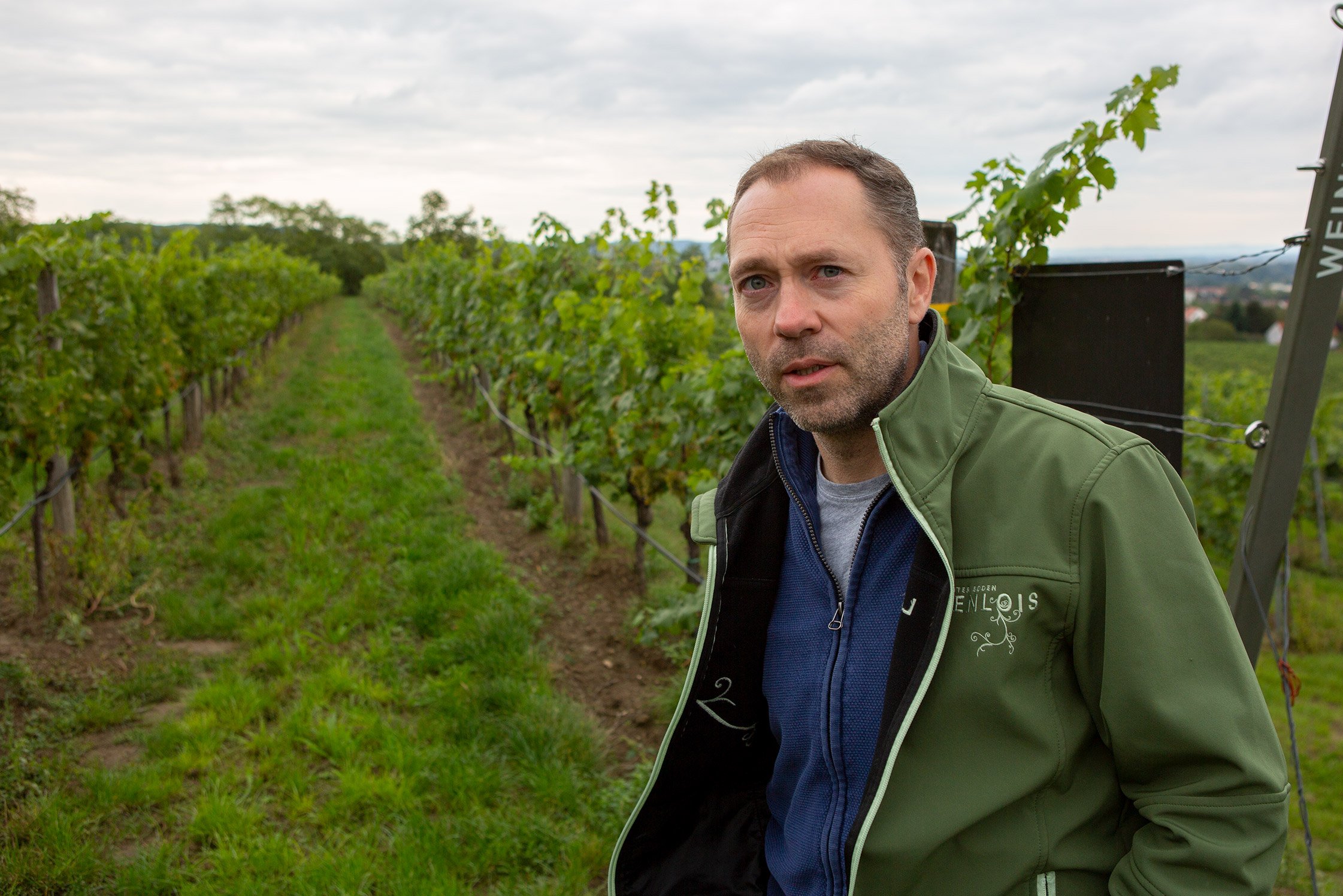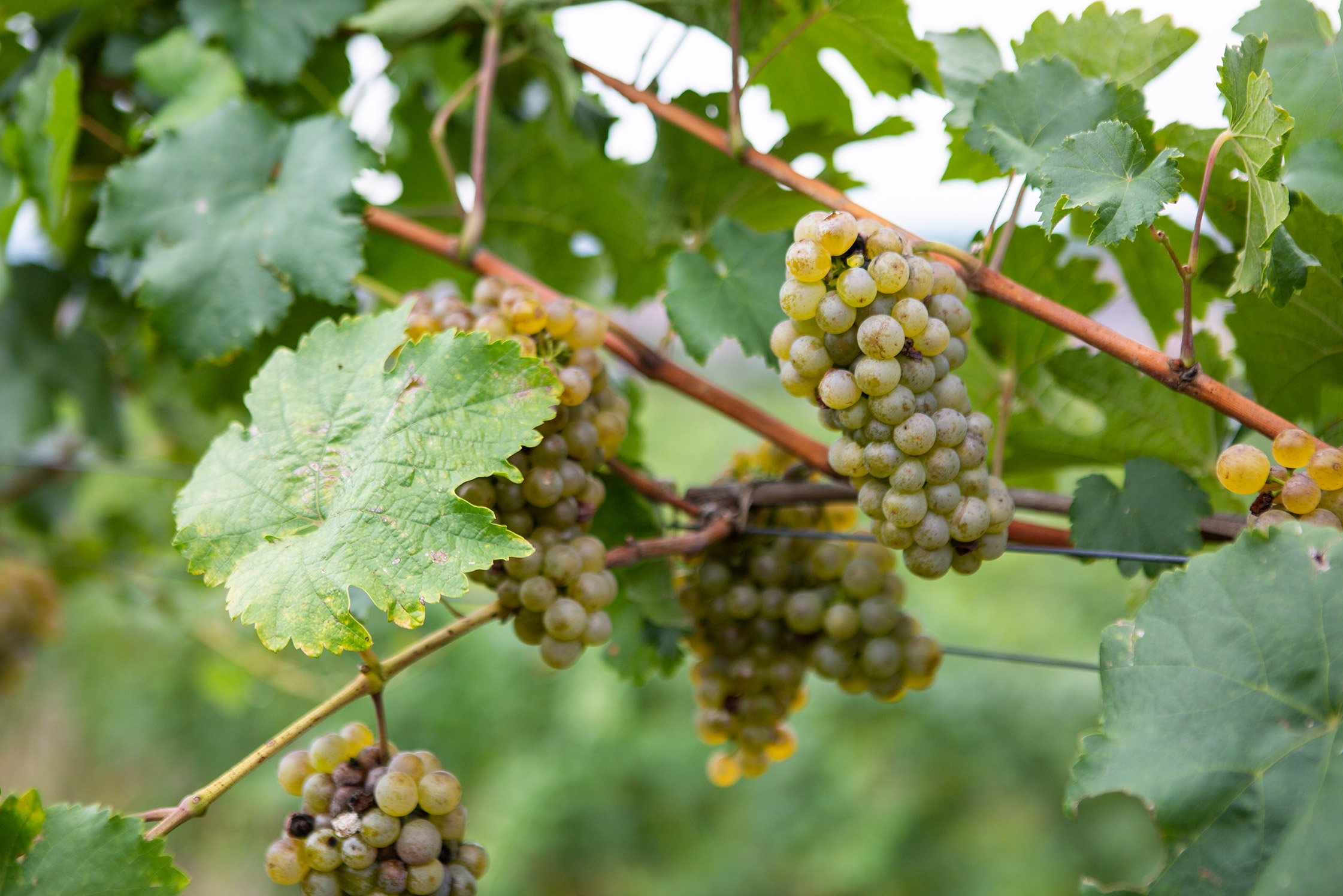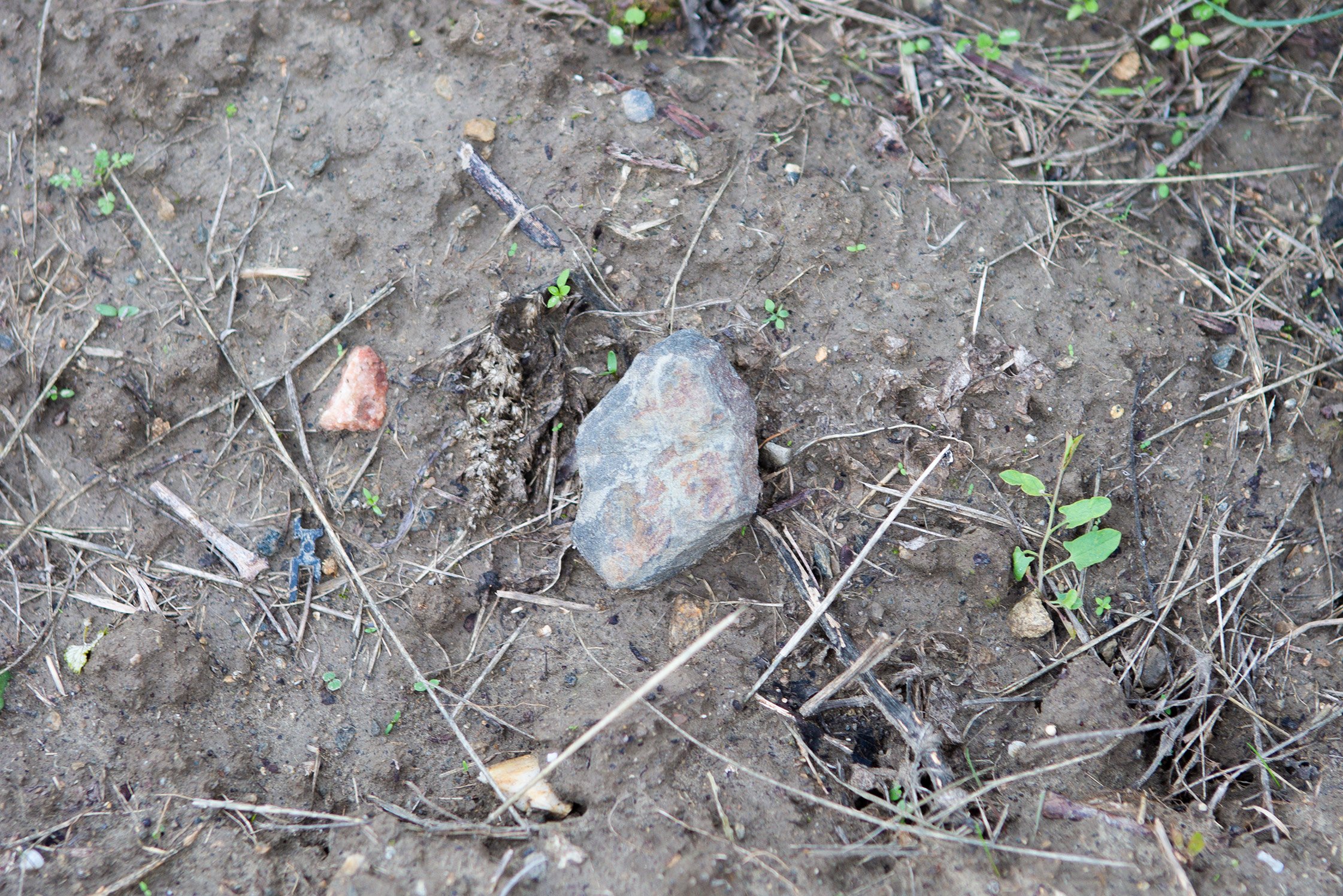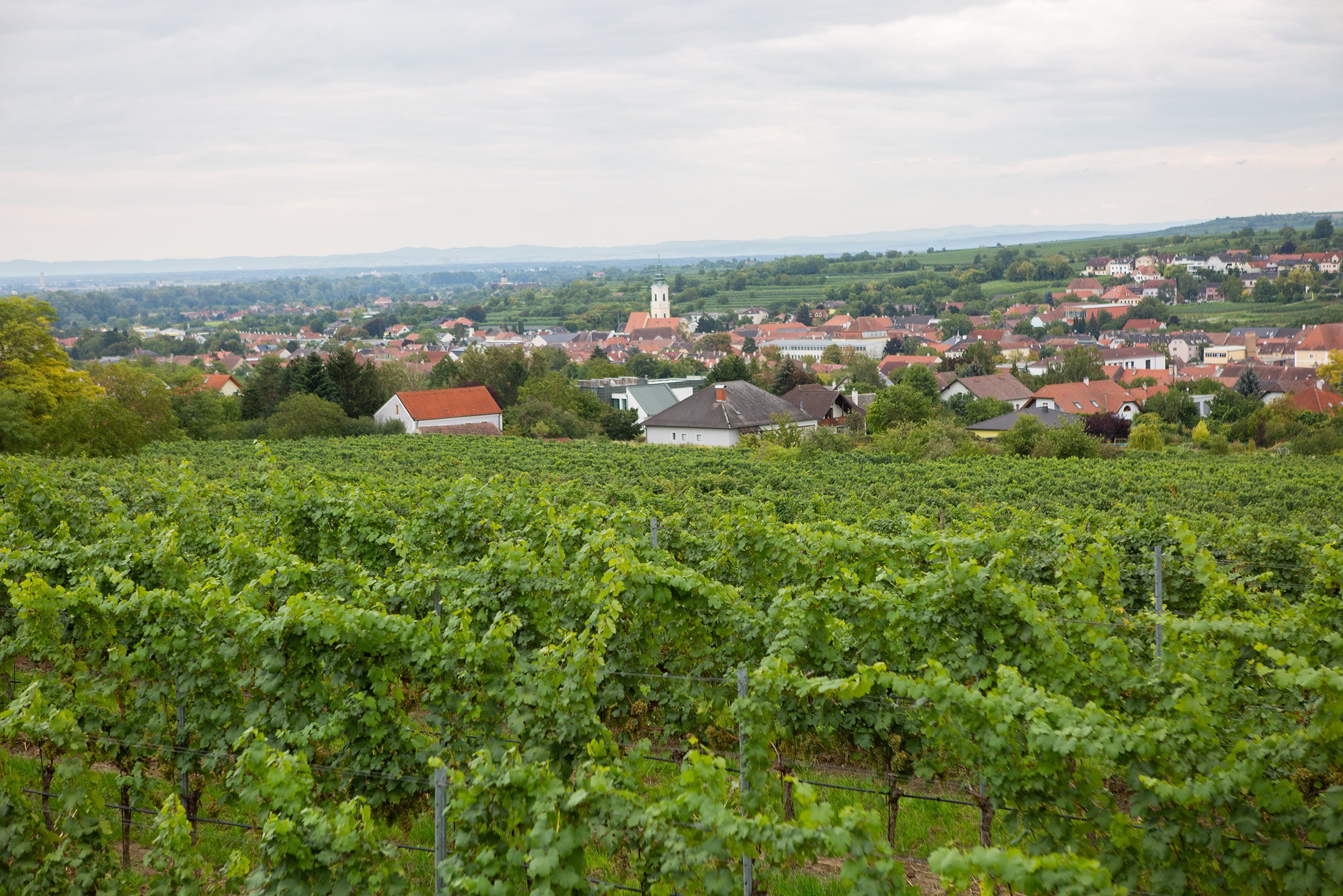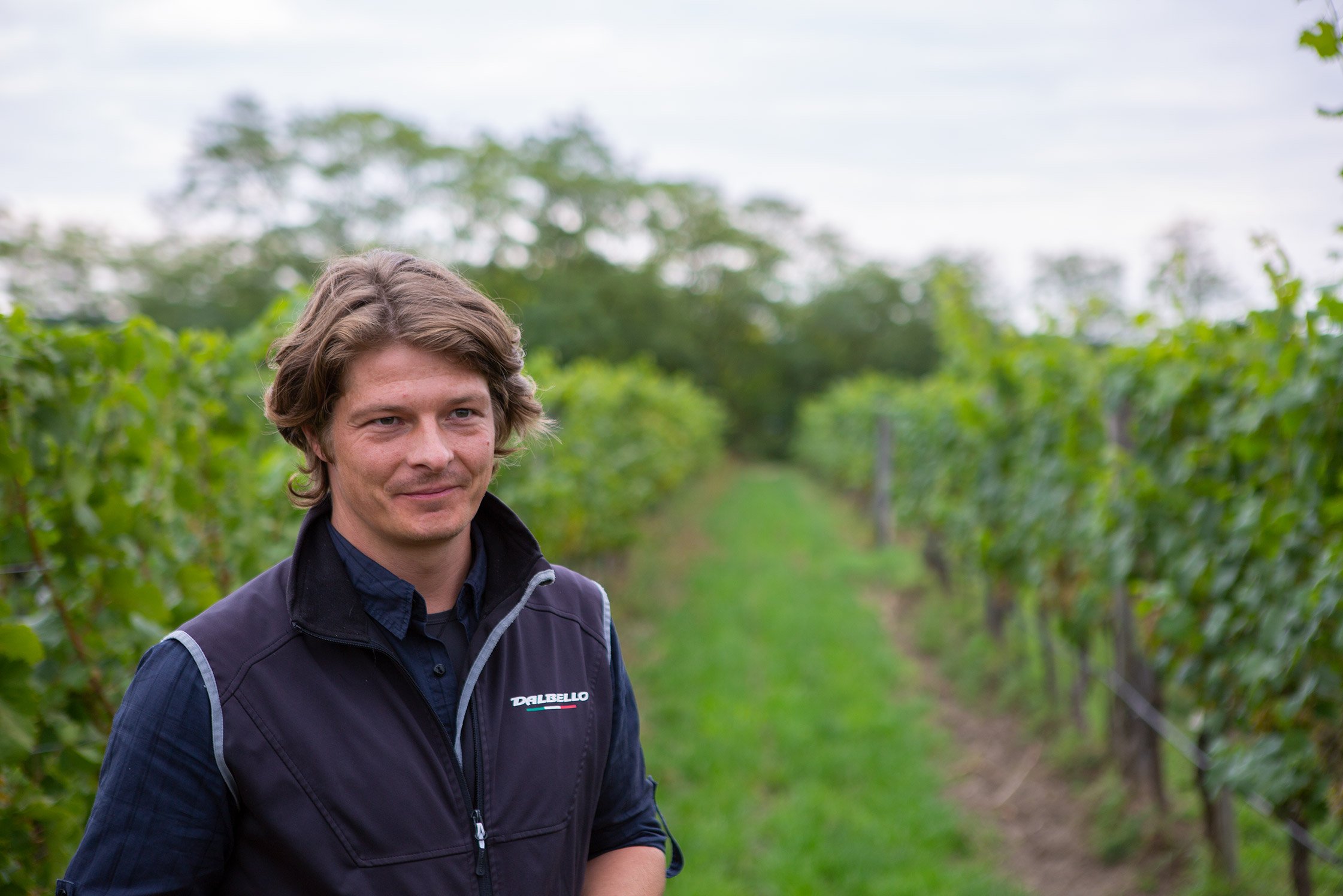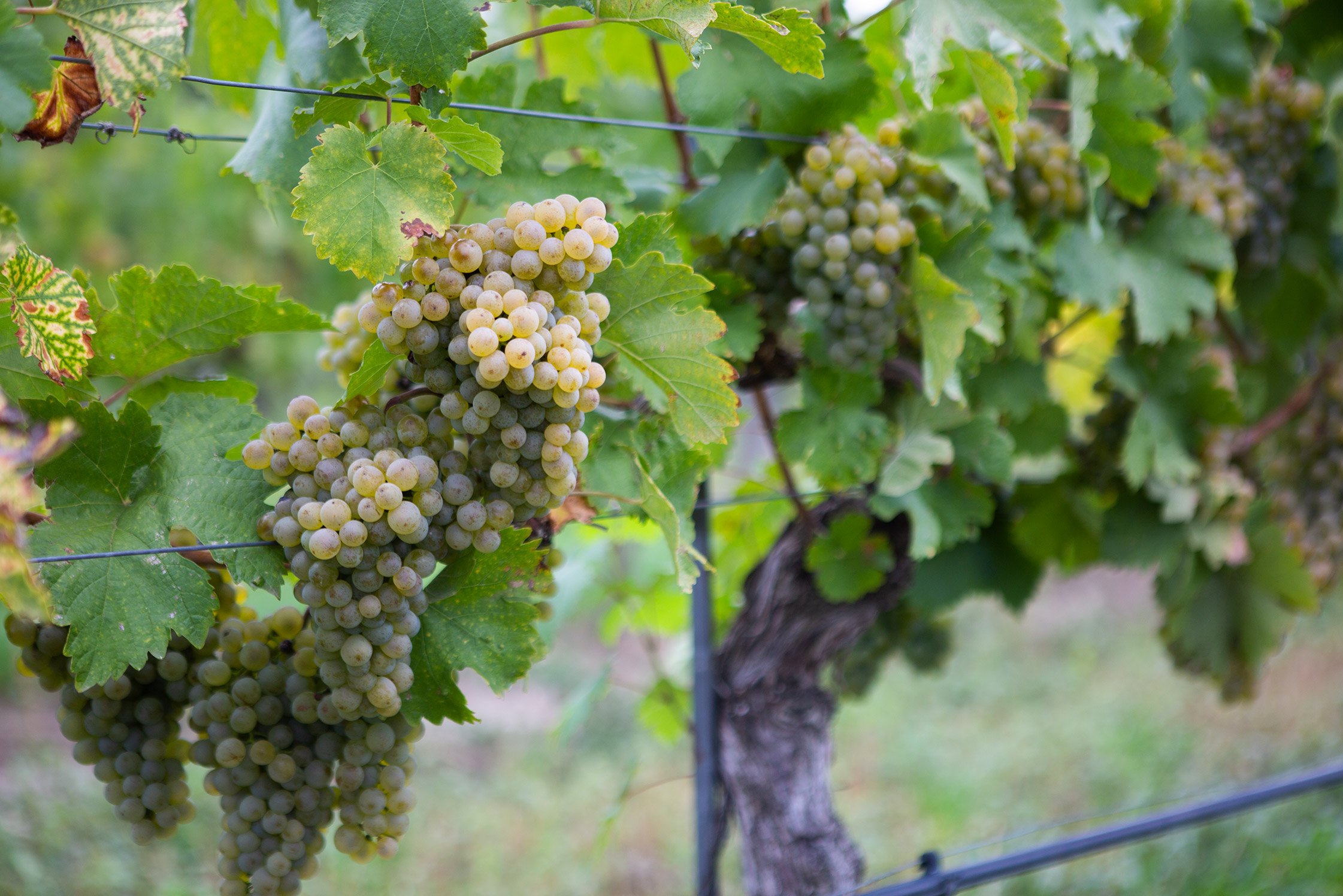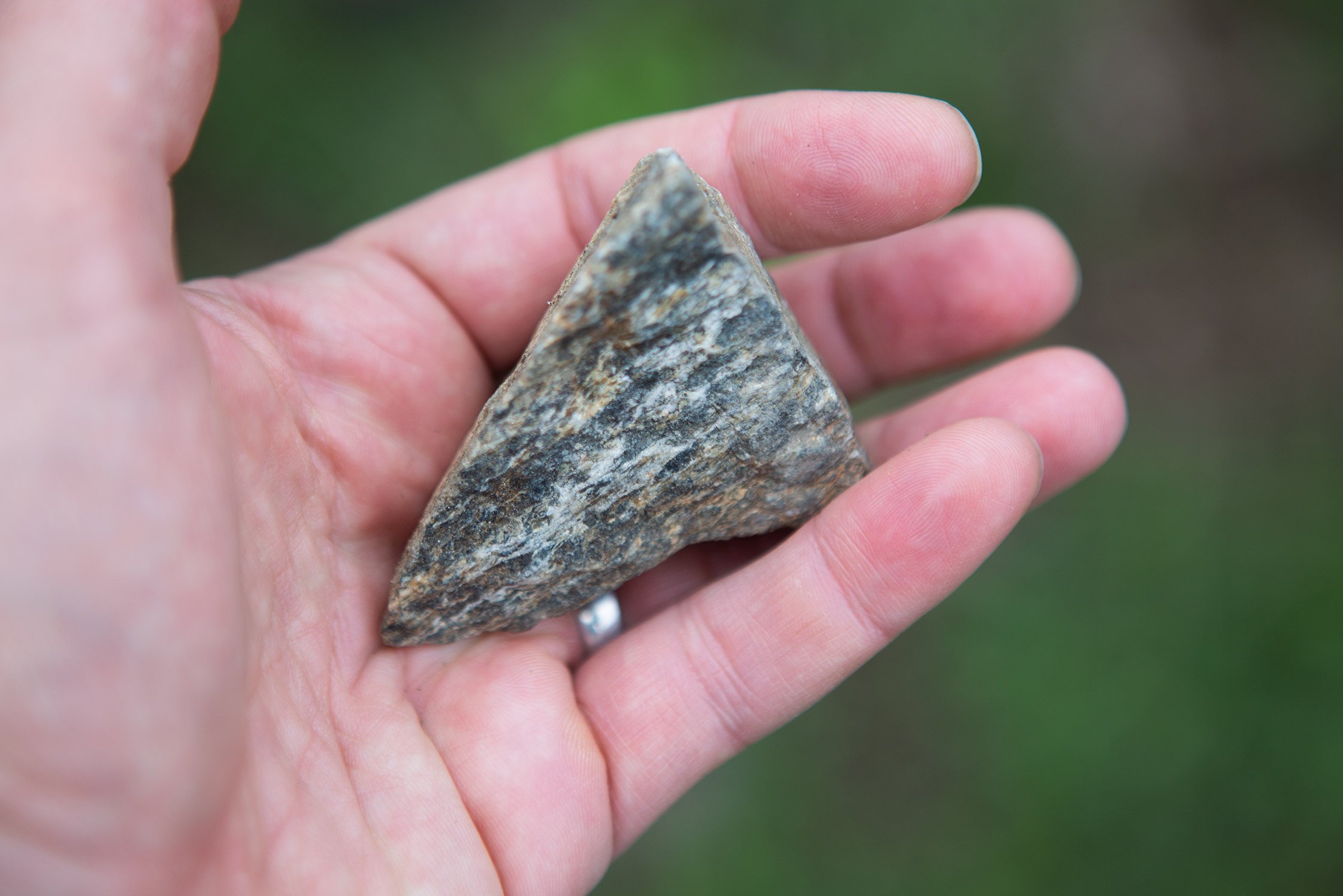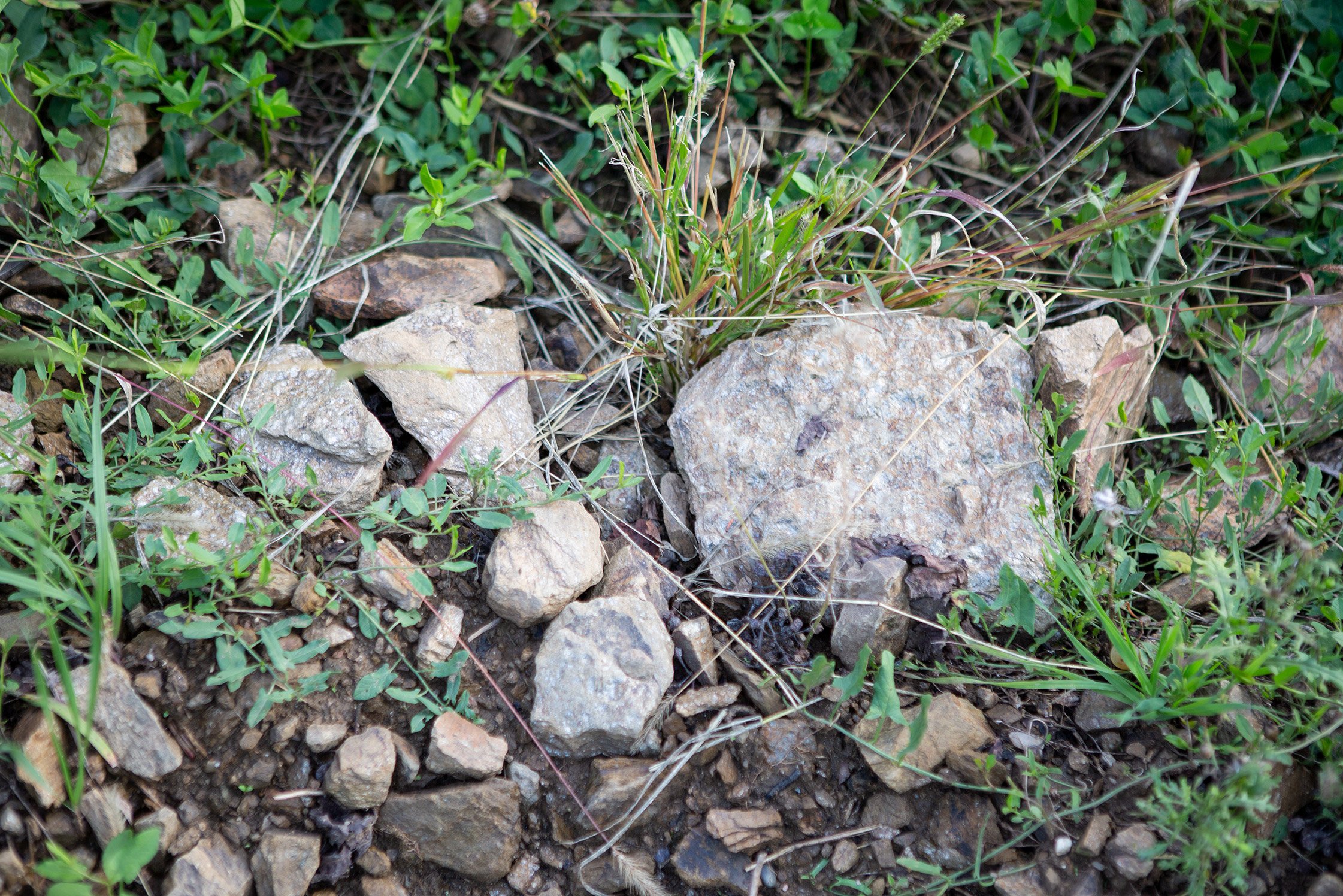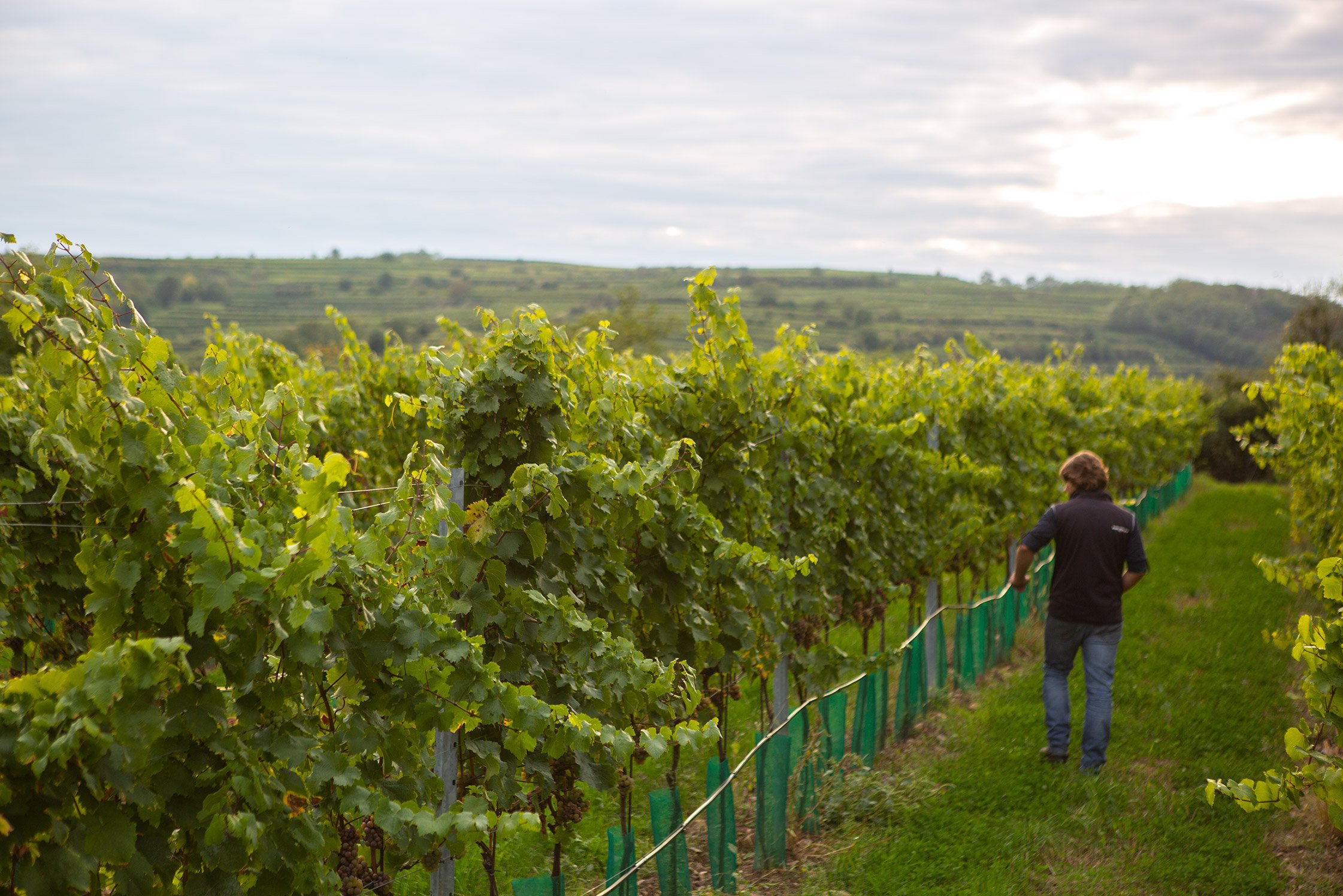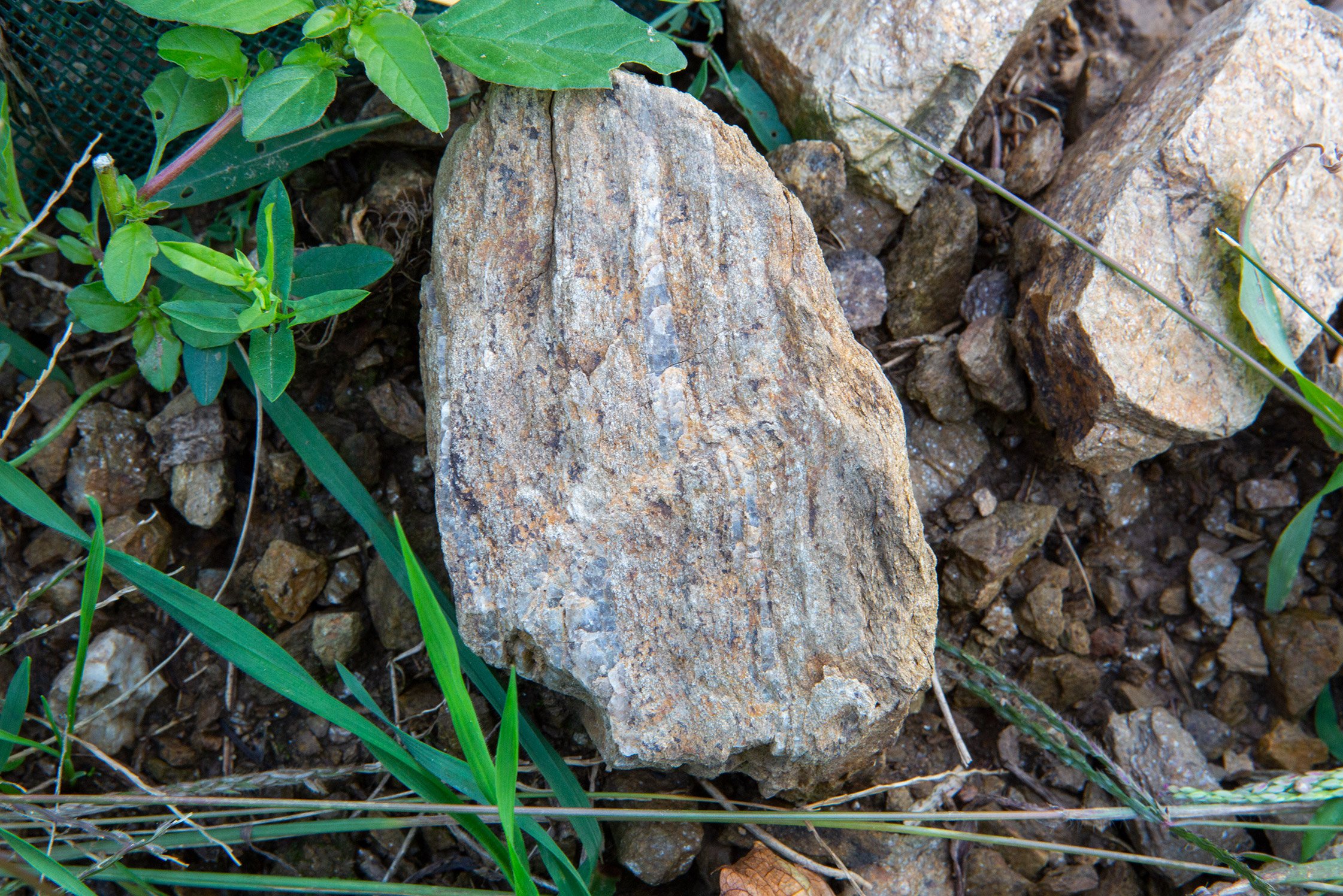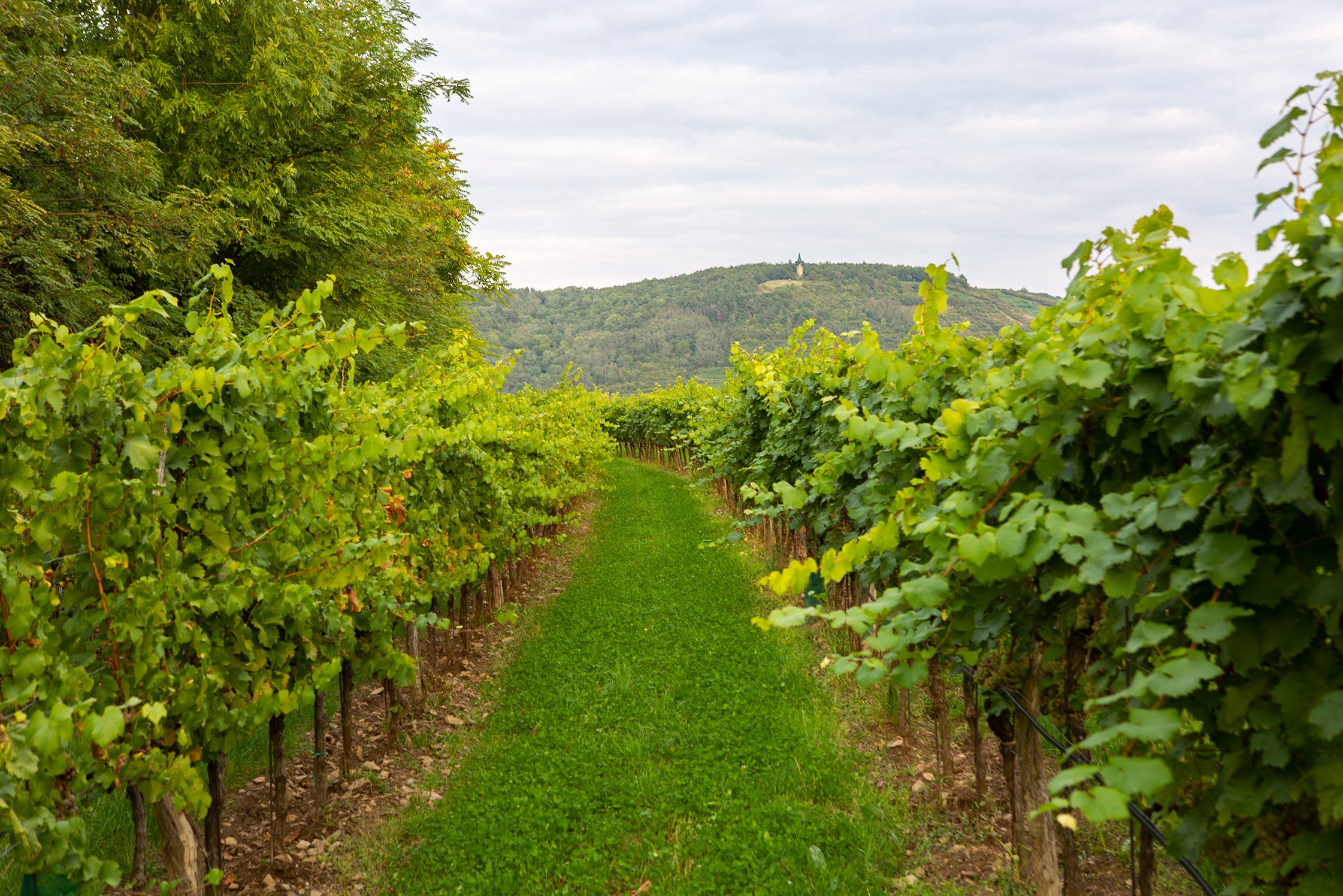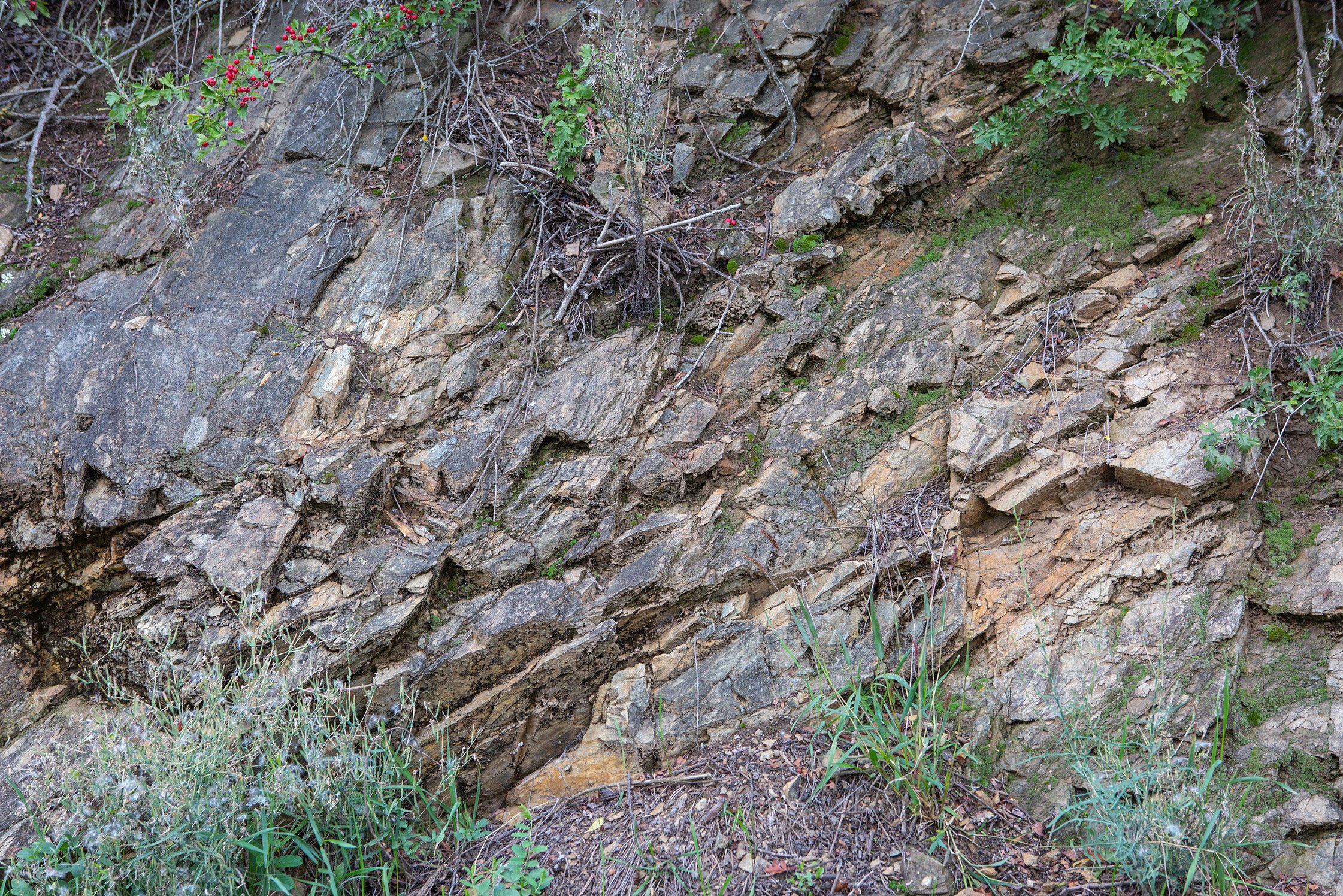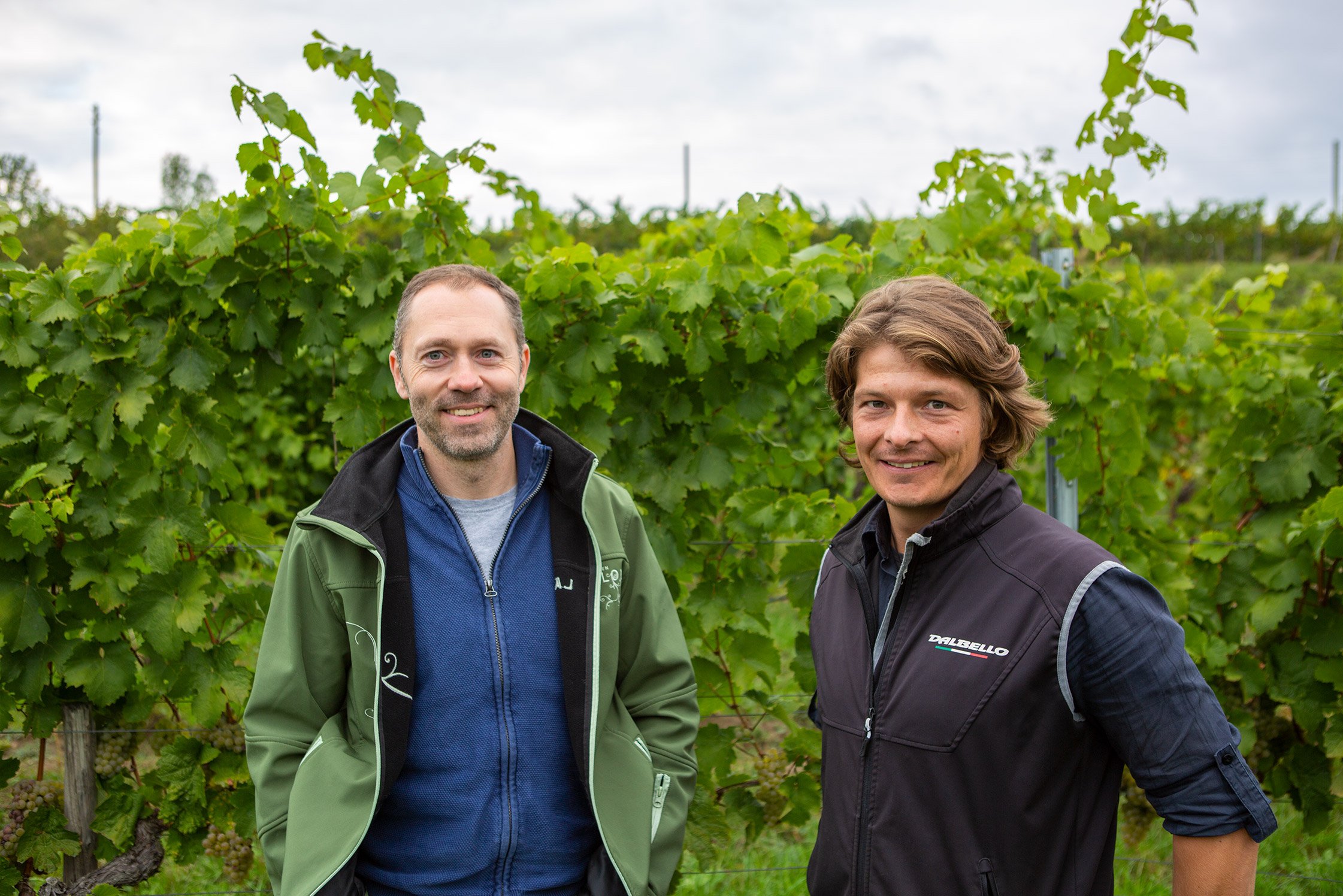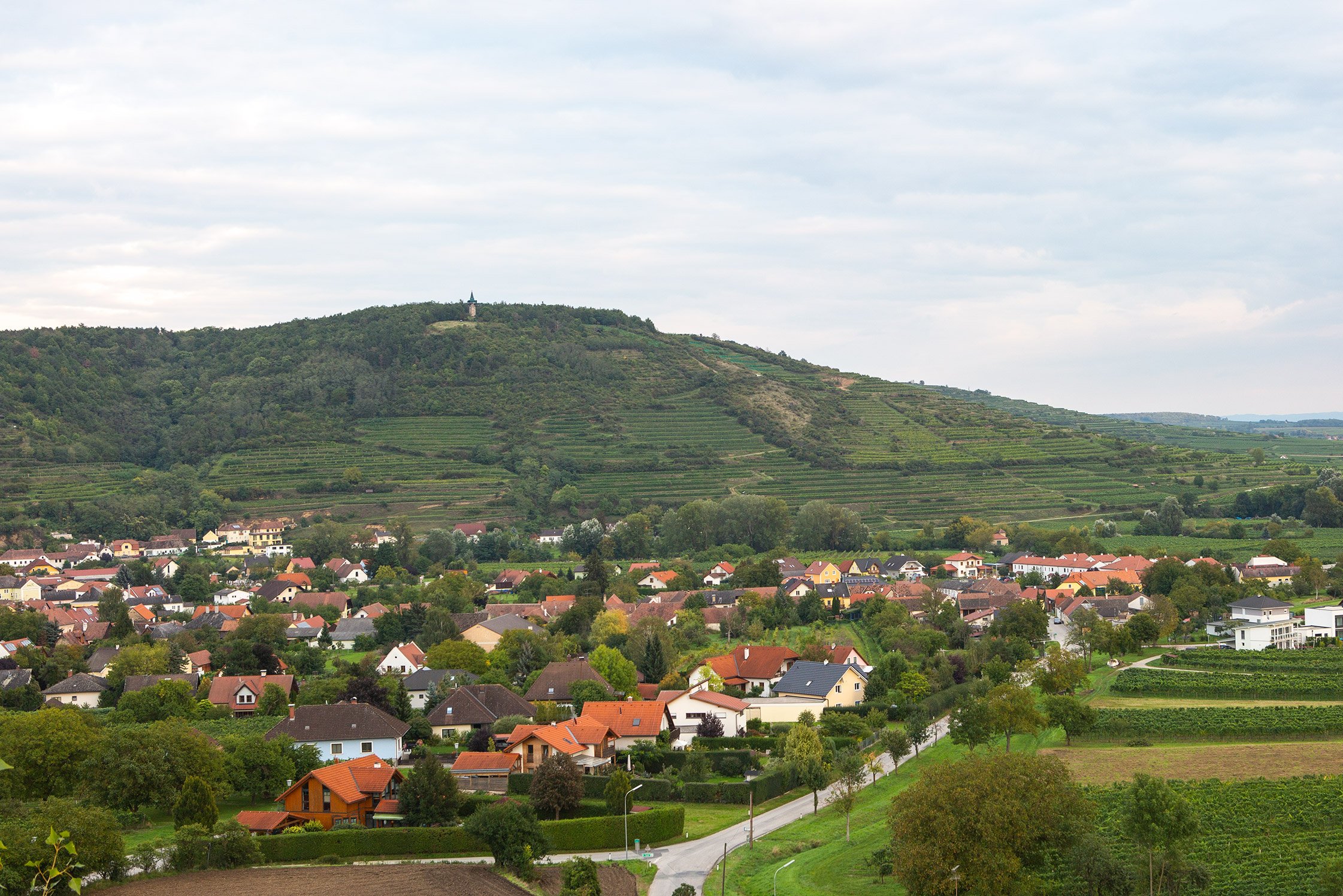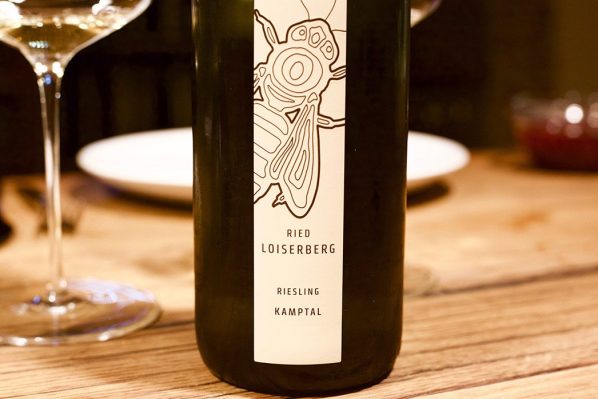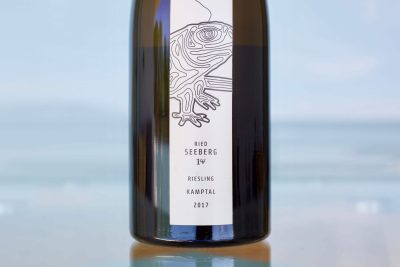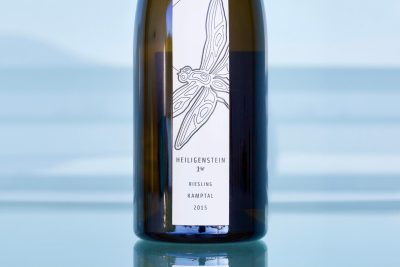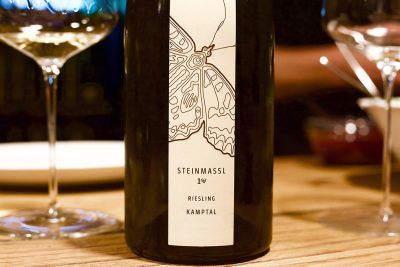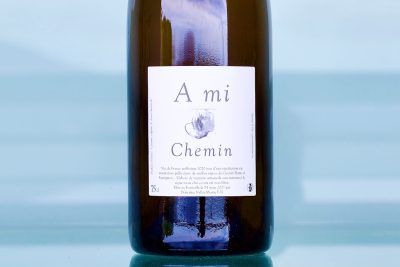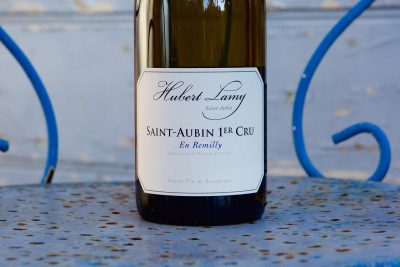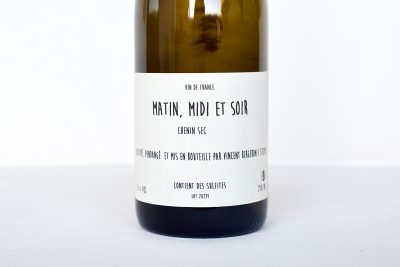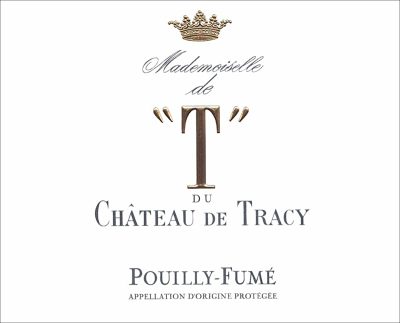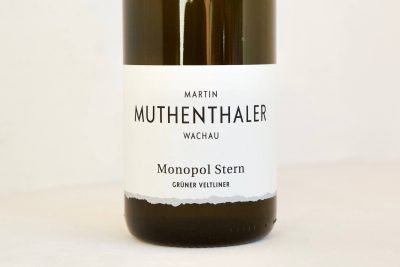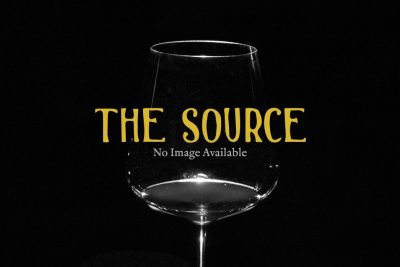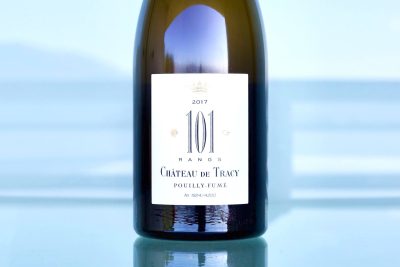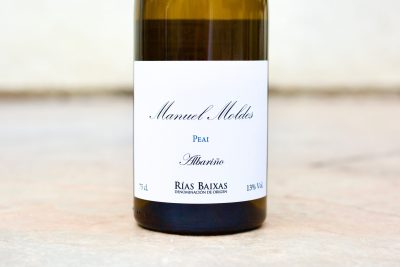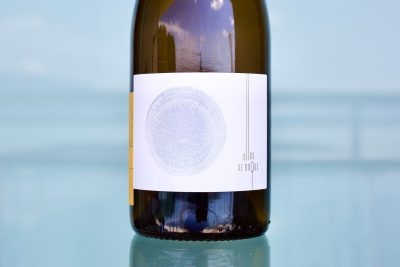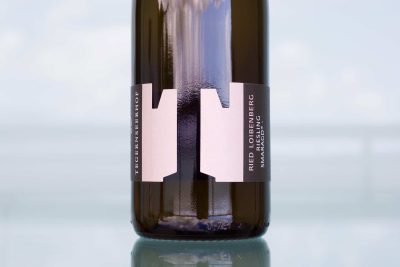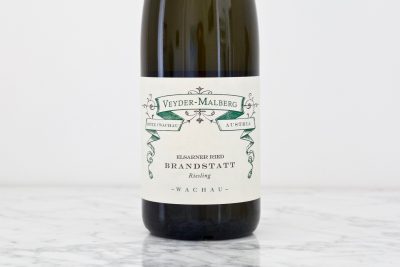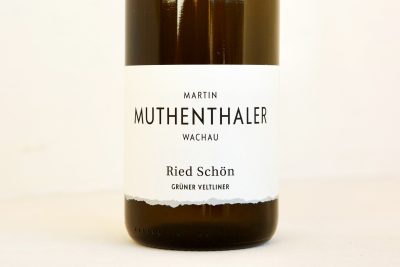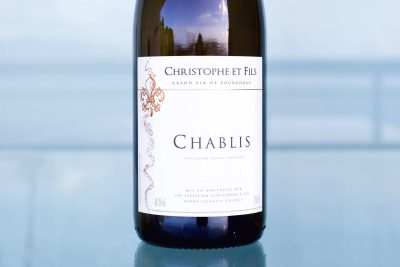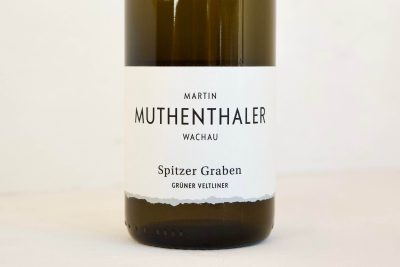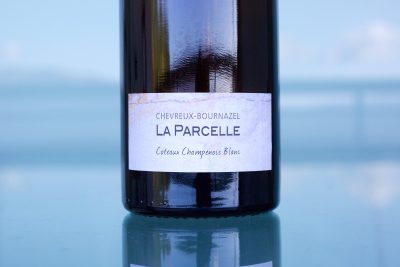About The Wine
The value in this wine is simply outrageous and almost impossible to match. As the largest plot of Riesling that Davis owns, it’s what is used for his entry-level Riesling bottlings. Though there’s no doubt his other premier cru Riesling sites, Steinmassl and Seeberg, are far more powerful, one could argue that this wine deserves as much attention, depending on stylistic preferences. If you find pleasure in edgy, intense, and sharp mineral impressions that knock you over the head, this is the wine for you!
My jaw dropped as Davis explained the attributes of this wine, aged in stainless steel for five months: Pure gneiss soil (almost no topsoil), 380-meter elevation, south/southeast facing, completely exposed and cold—the last to be picked every year. In other words, just how I would describe the perfect Riesling terroir.
The wine is full of mineral, smoke, wet stone, salt, and spice, with the gorgeous, subtle floral aspects that I believe must accompany a great cold climate Riesling from an extreme site. Recently, a former retailer friend of mine told me that if he used the word floral to describe a wine, it often turned people off. If one can’t appreciate the exquisite floral aromas in a Riesling, then maybe this grape is not for them! Of course, I’m not referring to Grandma’s floral perfume… I’m talking the kind of floral that transports you to a dark cobblestone street in Loisen after a cold and unexpected rain, when the faintest waft of night blooming white flower hits your nose—yeah, that sublime kind of floral!

